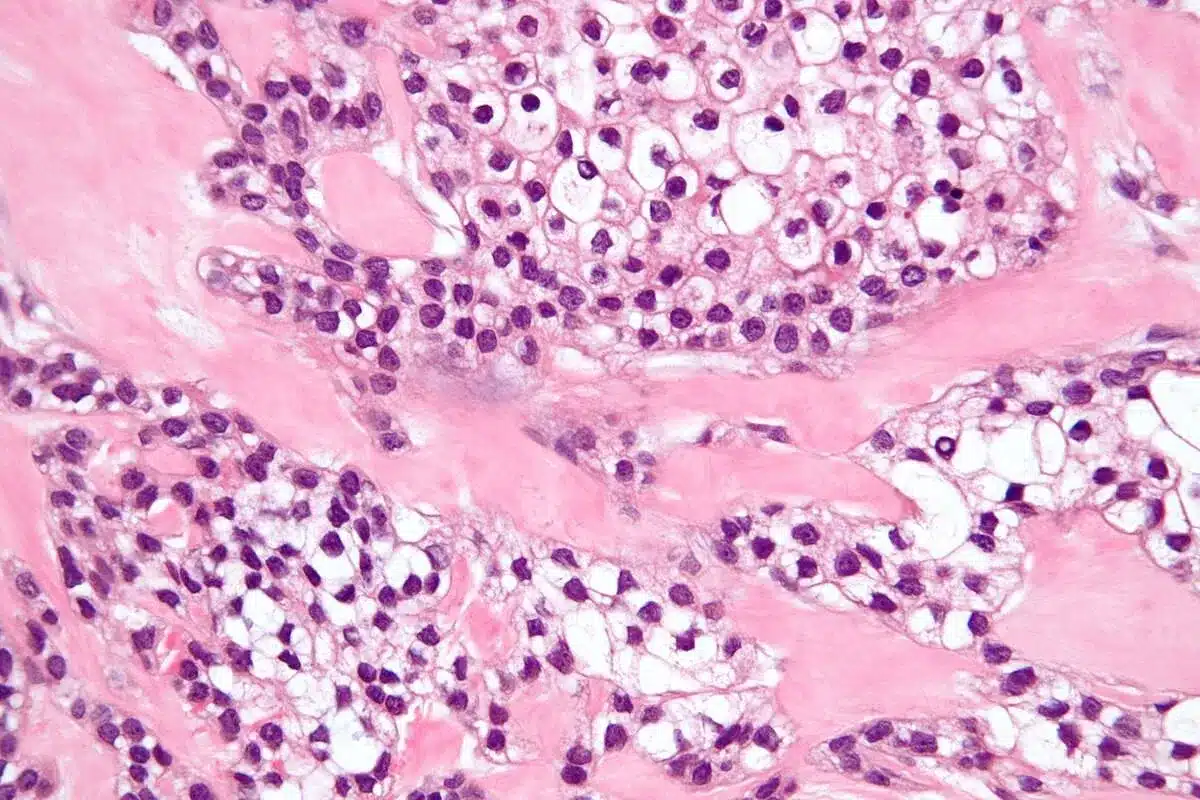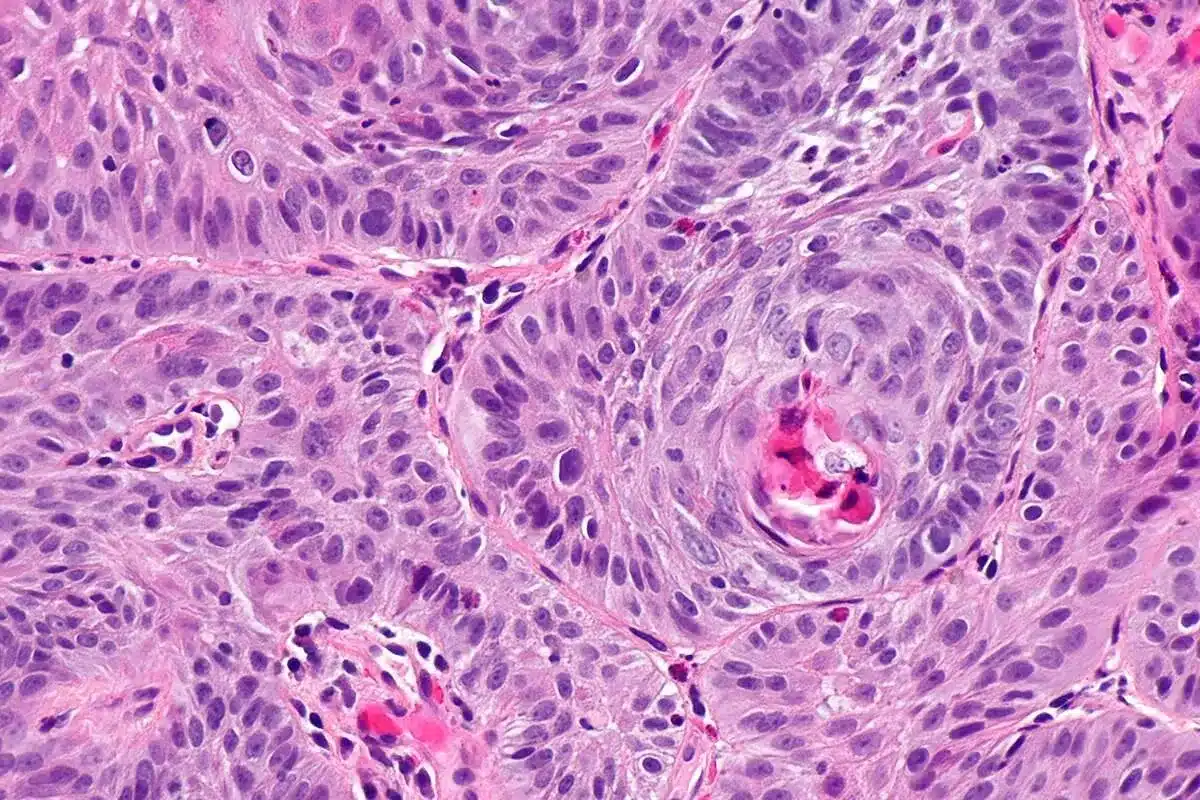
Some surgeries are so complex, they can take 8 hours or more. This shows the skill and advanced methods used by top hospitals like LivHospital. These long surgeries, like some tumour removals, liver transplants, and spinal fusions, need the best care.
Having a long surgery can be scary. HIPEC surgery, known as the “mother of all surgeries,” needs a lot of medical skill and support for patients.
In this article, we’ll look into complex surgeries. We’ll see what makes them tough and how hospitals focus on patient success.
Key Takeaways
- Complex surgeries can last 8 hours or more.
- HIPEC surgery is a highly complex procedure.
- Leading hospitals have advanced protocols for lengthy operations.
- Optimal care and attention are key for patient success.
- Comprehensive patient support is vital for those seeking healthcare abroad.
Understanding Long-Duration Surgical Procedures
It’s important for surgeons and patients to know about long surgeries. This includes hot chemotherapy and cytoreduction surgery. These surgeries need careful planning and execution.

Factors That Extend Surgical Time
Many things can make surgeries last longer. The surgery’s complexity is a big factor. For example, HIPEC surgery has many steps, like removing tumors and using heated chemotherapy.
Each patient’s health also matters. Their overall health, any other health issues, and how widespread the disease is can affect surgery time. We must think about these when planning surgeries.
- The extent of the disease and the required surgical intervention.
- The patient’s overall health and presence of comorbidities.
- The complexity of the procedure, such as the need for cytoreduction.
Patient Preparation for Extended Operations
Getting patients ready for long surgeries is key. This includes medical checks, nutrition advice, and mental support. A team effort from doctors, nurses, and others is essential.
At LivHospital, we help international patients get ready for surgery. We explain the surgery, recovery, and what to expect. This helps reduce stress and improves results.
Understanding what makes surgeries longer and preparing patients well can make them safer and more effective. This is true for HIPEC surgery and others.
HIPEC Surgery: The “Mother of All Surgeries”
HIPEC surgery is a treatment for advanced abdominal cancers. It combines surgery to remove tumors with heated chemotherapy. This method aims to extend life and improve the quality of life for patients.
What is Cytoreductive Surgery with HIPEC?
Cytoreductive surgery with HIPEC is a two-step process. First, surgeons remove visible tumors from the abdomen. Then, heated chemotherapy is applied directly to the area. This method targets cancer cells more effectively, reducing side effects.
The surgery starts with cytoreductive surgery. The surgeon aims to remove as much tumor as possible. This makes it easier for the chemotherapy to target any remaining cancer cells.

The Step-by-Step HIPEC Procedure
The HIPEC procedure is detailed and involves several steps:
- The surgical team performs cytoreductive surgery to remove visible tumors.
- The abdominal cavity is then perfused with heated chemotherapy using a specialized delivery system.
- The chemotherapy is heated to a temperature of around 42°C (107.6°F) to enhance its penetration and effectiveness.
- The perfusion process typically lasts for about 60-90 minutes, during which time the chemotherapy is circulated throughout the abdominal cavity.
Why HIPEC Intraperitoneal Chemotherapy Takes 8+ Hours
HIPEC surgery can last over 8 hours for several reasons:
- The complexity of the cytoreductive surgery.
- The need for meticulous removal of tumor nodules.
- The time required for perfusing the heated chemotherapy.
Despite its long duration, HIPEC surgery has shown positive results. It improves survival rates and quality of life for patients with peritoneal surface malignancies. A skilled surgical team and a well-coordinated care approach are key to successful outcomes.
Life After Extended Surgical Procedures
Life after surgery needs a good recovery plan. We’ll look at the recovery timeline and life expectancy after HIPEC surgery. Knowing what to expect helps patients heal and get back to normal.
Recovery Timeline Following 8-Hour Surgeries
Recovery time after an 8-hour surgery like HIPEC varies. Patients usually stay in the hospital for 5 to 7 days. But, the whole recovery can take months.
Several factors affect recovery time:
- The patient’s health before surgery
- The surgery’s extent
- Any complications during or after surgery
- The quality of post-operative care
Patients may feel tired, in pain, and have bowel changes during recovery. A good care plan and support from doctors are key to managing symptoms and a smooth recovery.
Life Expectancy After HIPEC Surgery
HIPEC surgery is a complex treatment for some abdominal cancers. It can extend life and improve symptoms in some patients. The surgery’s success depends on the cancer stage, how much cancer is removed, and the patient’s health.
Research shows patients with successful HIPEC surgery can live longer. For example, HIPEC can be a cure or extend life in peritoneal carcinomatosis. Deciding on HIPEC should be after talking to a doctor, considering the benefits and risks.
In summary, recovery from surgeries like HIPEC is tough. But, knowing the recovery and outcomes helps patients prepare. With better surgery and care, many patients see big improvements in their life quality and expectancy.
Other Complex Surgeries Requiring 8+ Hours
Surgeries lasting 8 hours or more are common in many medical fields. HIPEC surgery is known for its complexity, but others also require a lot of time and skill. Surgeons and medical teams work hard to complete these procedures.
Organ Transplantations
Organ transplant surgeries, like liver and heart-lung transplants, are very complex. They often take 8 hours or more to finish. These surgeries replace the sick organ and make sure it’s a good match for the patient.
- Liver transplantations need careful blood connections and management of blood clotting.
- Heart-lung transplants require teamwork between heart surgeons and anesthesiologists to keep the heart stable.
Extensive Neurosurgical Procedures
Neurosurgery includes many complex surgeries that can take 8 hours or more. These often involve brain tumors or blood vessel problems.
- Removing tumours in the brain needs careful technique and advanced imaging.
- Fixing AVMs requires precise dissection and teamwork.
Complex Cardiovascular Reconstructions
Cardiovascular surgeries, like fixing heart defects or doing many bypass grafts, are long and challenging.
- Doing many coronary artery bypass grafts needs careful planning and execution.
- Fixing complex heart defects involves detailed surgery and care after surgery.
These surgeries show the importance of skilled surgeons, modern medical facilities, and good care after surgery. As medical technology and techniques improve, these surgeries will likely become even more complex.
Finding Specialized Surgeons for Complex Procedures
When it comes to complex surgeries like HIPEC, finding the right surgeon is key. Patients need help finding skilled doctors for their needs. This is important for a good outcome.
HIPEC surgeries need advanced facilities and experienced surgeons. The right doctor can greatly improve your recovery and results.
Qualifications to Look for in HIPEC Surgeons
HIPEC surgeons must have certain qualifications. Look for doctors who are:
- Board-certified, showing they meet high standards in their field.
- Have lots of experience with HIPEC and cytoreductive surgery, with good results.
- Work at well-known hospitals with a team approach to care.
To find a good HIPEC surgeon, start with your primary care doctor or check the Association of Cancer Patient and Survivors. Make sure to check their credentials and read patient reviews.
Questions to Ask Before Undergoing Major Surgery
Before major surgery like HIPEC, ask important questions. This ensures you’re in good hands. Ask your surgeon about:
- How much experience they have with HIPEC, including success and complication rates.
- How do they care for patients before and after surgery?
- The team that will help with your treatment, for a full approach to care.
By asking these questions and doing your homework, you can choose your surgeon wisely. This will help you feel more confident in your care.
Conclusion: Advancements in Extended Surgical Procedures
Modern surgery has made big strides, thanks to new techniques and technology. This has greatly helped patients going through complex surgeries like HIPEC. We’ve looked into how these advances work, including what makes surgeries longer and why getting ready for surgery is key.
HIPEC surgery is showing great promise in fighting different cancers. Knowing life expectancy after HIPEC surgery is very important for patients and their loved ones. Our help for international patients is key in giving top-notch care. We make sure patients get the best care every step of the way.
As we keep exploring new medical frontiers, it’s vital to see the value of skilled surgeons and full care. By using the latest in surgery, we can make patients’ lives better and their outcomes more positive.
FAQ’s:
What is HIPEC surgery?
HIPEC (Hyperthermic Intraperitoneal Chemotherapy) surgery is a complex procedure. It removes cancerous tumours from the abdominal cavity. Then, it delivers heated chemotherapy directly to the affected area.
Why does HIPEC surgery take so long?
HIPEC surgery can last 8 hours or more. It involves removing all visible tumors and then using heated chemotherapy. This process requires careful monitoring and management.
What is the recovery process like after HIPEC surgery?
Recovery after HIPEC surgery is long and challenging. Patients need close monitoring in an ICU or specialized unit. Hospital stays can last from several days to weeks.
What is life expectancy after HIPEC surgery?
Life expectancy after HIPEC surgery varies. It depends on the cancer type, stage, overall health, and treatment response. HIPEC can improve survival rates and quality of life for many patients.
What are the benefits of HIPEC surgery?
HIPEC surgery can extend life and ease symptoms. It improves quality of life for patients with certain cancers, like peritoneal carcinomatosis.
What are the risks and limitations of HIPEC surgery?
HIPEC surgery has risks and limitations. Complications include infection, bleeding, and bowel obstruction. The recovery process is also physically and emotionally challenging.
How do I find a qualified HIPEC surgeon?
Look for specialists with experience in cytoreductive surgery and HIPEC. Check their qualifications, such as board certification and training in surgical oncology.
What questions should I ask before undergoing HIPEC surgery?
Ask about the procedure, risks, and benefits. Also, ask about the surgeon’s experience and what to expect during recovery. This ensures informed decision-making.
What is cytoreductive surgery?
Cytoreductive surgery aims to remove as much cancer as possible. It prepares for HIPEC treatment. This reduces tumour burden and improves chemotherapy effectiveness.
What is hot chemotherapy?
Hot chemotherapy, or HIPEC, delivers heated chemotherapy to the abdominal cavity. It targets cancer cells and reduces recurrence risk.
REFERENCES:
- Yashoda Hospitals. (2024, July 25). HIPEC surgery: Duration, benefits, risks and recovery. https://www.yashodahospitals.com/blog/hipec-surgery-duration-benefits-risks-recovery. This source states that HIPEC procedures last 8-10 hours, involve extensive tumour removal, and administration of heated chemotherapy. Recovery includes intensive care monitoring and hospital stays of around 5-7 days, with side effects lasting up to a year.
- Wajekar, A. S., et al. (2022). Postoperative complications and critical care management after cytoreductive surgery and HIPEC. World Journal of Surgical Oncology, 20(1), 295. https://pmc.ncbi.nlm.nih.gov/articles/PMC9693907/. This article highlights common complications such as electrolyte imbalances, gastrointestinal leaks, infections, and respiratory issues, emphasizing the need for intensive postoperative management.
- Jafari, M. D., et al. (2014). Surgical outcomes of hyperthermic intraperitoneal chemotherapy: ACS NSQIP analysis. JAMA Surgery, 149(2), 170-180. https://jamanetwork.com/journals/jamasurgery/fullarticle/1790377. A study showing a mean operative time of 7.6 hours for HIPEC, with morbidity due to septic and respiratory complications being a significant concern.








